- Japan
- Tokyo
About Program
Now is your chance to live and learn in one of the world’s most famous cultural metropolises. Whether you’re people-watching in the hip Shibuya neighborhood, visiting Asakusa temple, or exploring Okinawa on a course-related excursion, your semester in Tokyo will be a whirlwind of adventure. As you explore your host city, Tokyo will become your classroom.
You will take a 6-credit language course specially designed for IES Abroad students, taught at Kanda University of International Studies (KUIS), plus area studies courses taught in English.
Start your adventure with IES Abroad today.
Video and Photos
Diversity & Inclusion 💙
BIPOC Support
LGBTQIA+ Support
Studying abroad as part of the LGBTQIA+ community can present unique opportunities and challenges in exploring a new culture, so we have compiled resources to help prepare you and support you along the way.
Neurodivergent Support
We have not only compiled resources on mental health and self-care to help prepare you and support you along the way, but we also have a dedicated Student Affairs staff that are available for you to contact from the United States and once in your host country.
Accessibility Support
Impact 🌎
Sustainability
- Moving toward more sustainable Headquarters and Centers abroad
- Producing printed materials on 100% recycled paper with soy-based ink and in fewer quantities
- Hosting events and conferences in LEED-certified buildings
- Purchasing carbon offsets for staff air travel
- The formation of the IES Abroad Sustainability Team—a dedicated group of volunteers responsible for implementing sustainable practices across our organization. The team comprises of members across our Centers, departments, teams. It is truly a global effort, and we are better for it.
Popular Programs
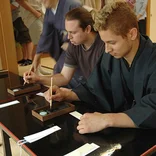
Expand your understanding of Japan with our Language & Culture Program by immersing yourself in contemporary Japan and Japanese culture. When you study abroad in Tokyo, you will take a 6-credit language course specially designed for IES Abroad students, taught at Kanda University of International Studies (KUIS), plus area studies courses taught in English.
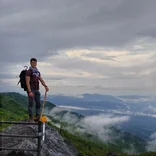
This program is excellent for serious students at all levels who seek to study Japanese language in an intensive 6-credit course and delve into an exciting exploration of Japanese culture. As one of the world’s largest metropolitan areas, Tokyo will challenge you to look at the world differently. Mastering public transportation, trying exotic foods, experiencing a lifestyle that combines fast-paced modernity with age-old traditions – all of these will offer insights into your own reality.









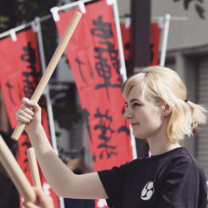

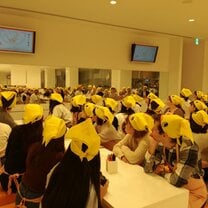
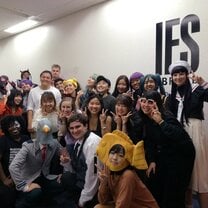
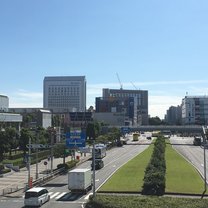
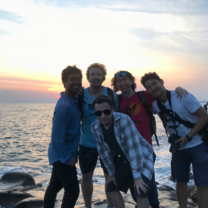
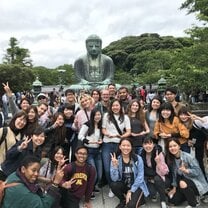



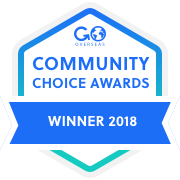
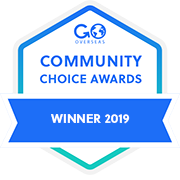
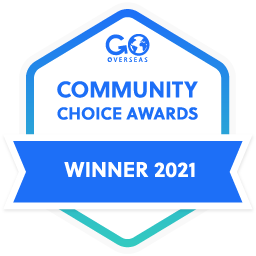




As for the weekly schedule, I was in the language intensive program, not the language and culture program, so it may be slightly different. In addition, I was in the program in Fall of 2012, so it may very well be different now. The weekly schedule with a host family was like this: Japanese language class from 9 am to 12 pm on Monday, Tuesday, Thursday, and Friday Classes in the evening on...